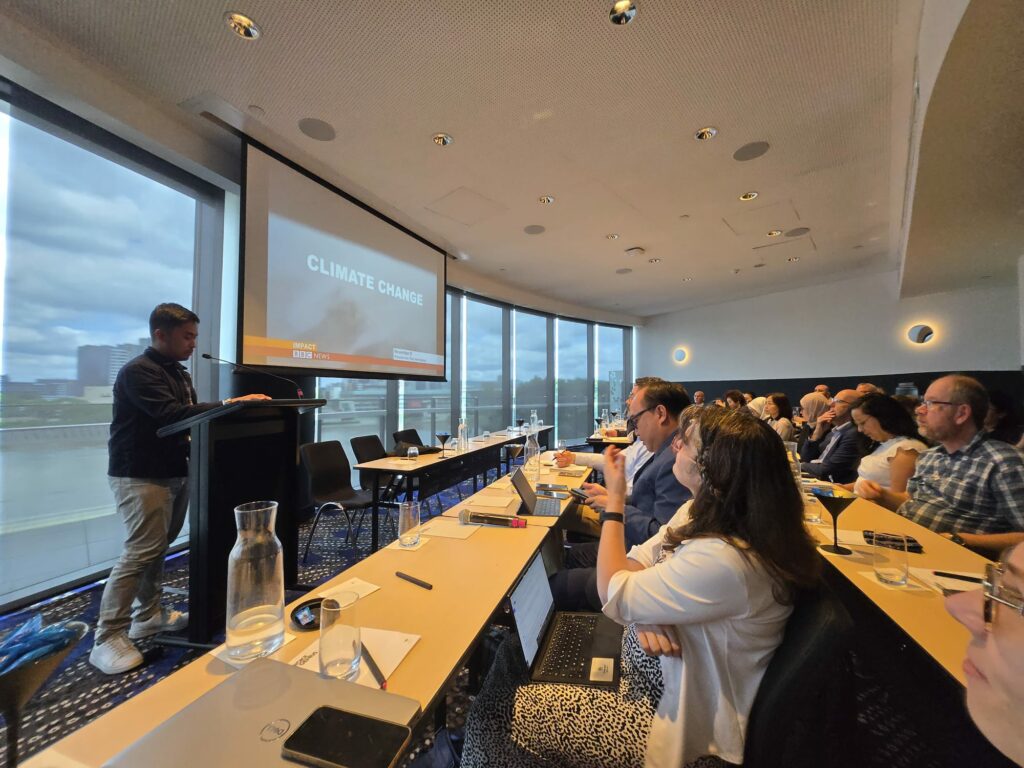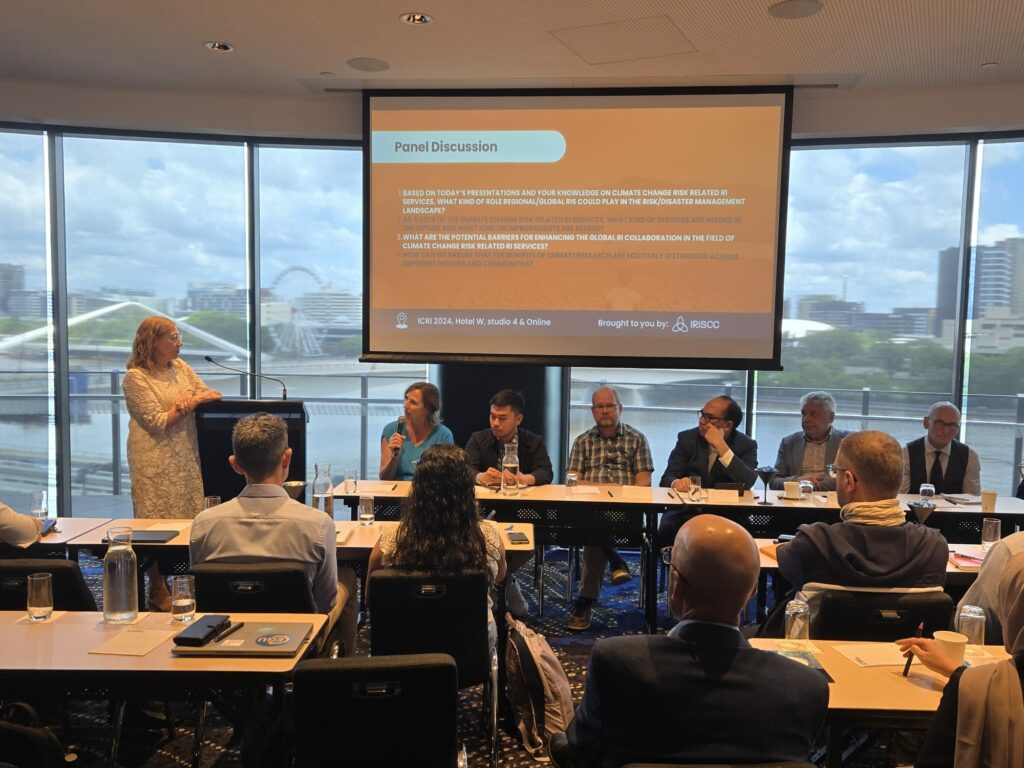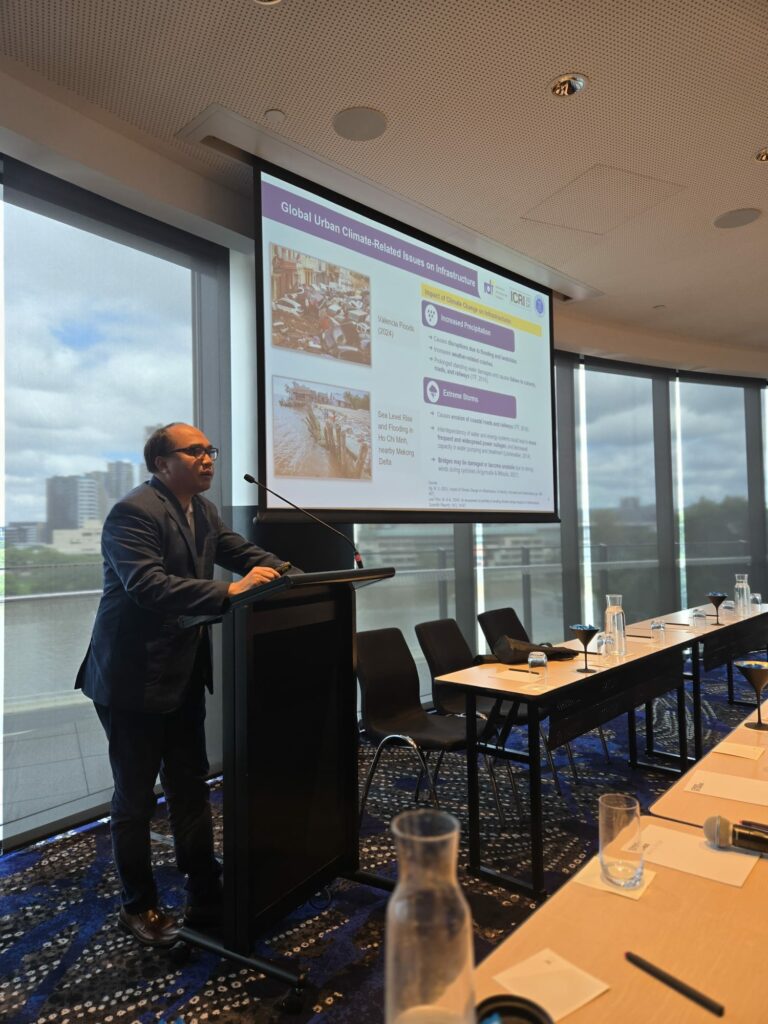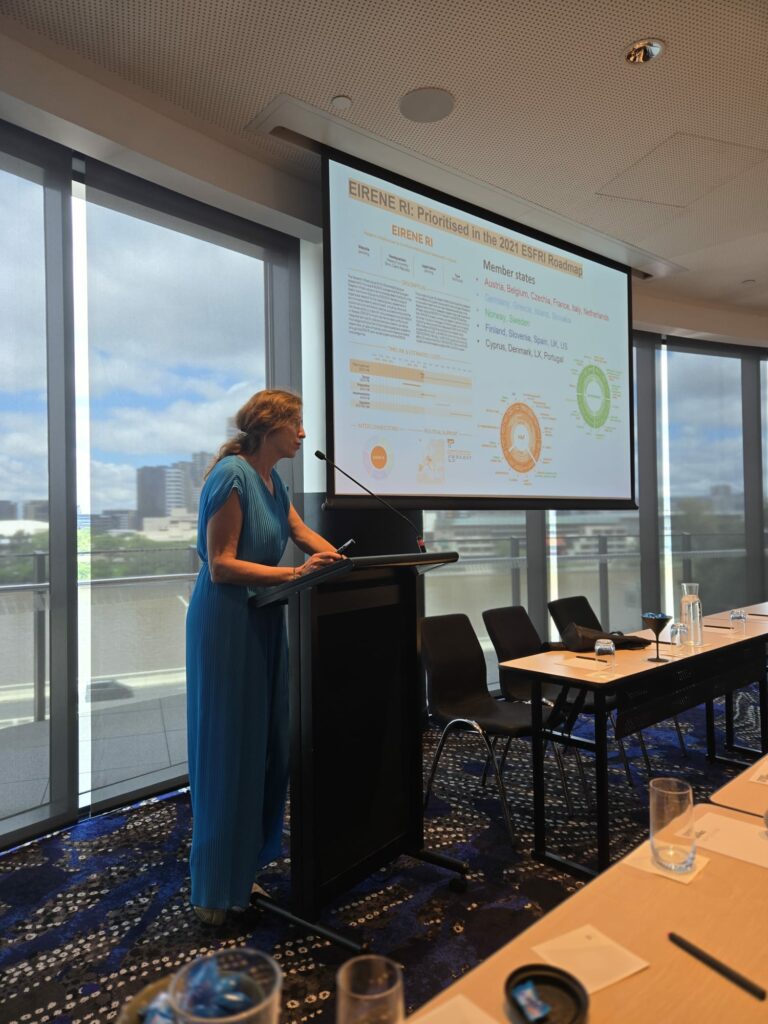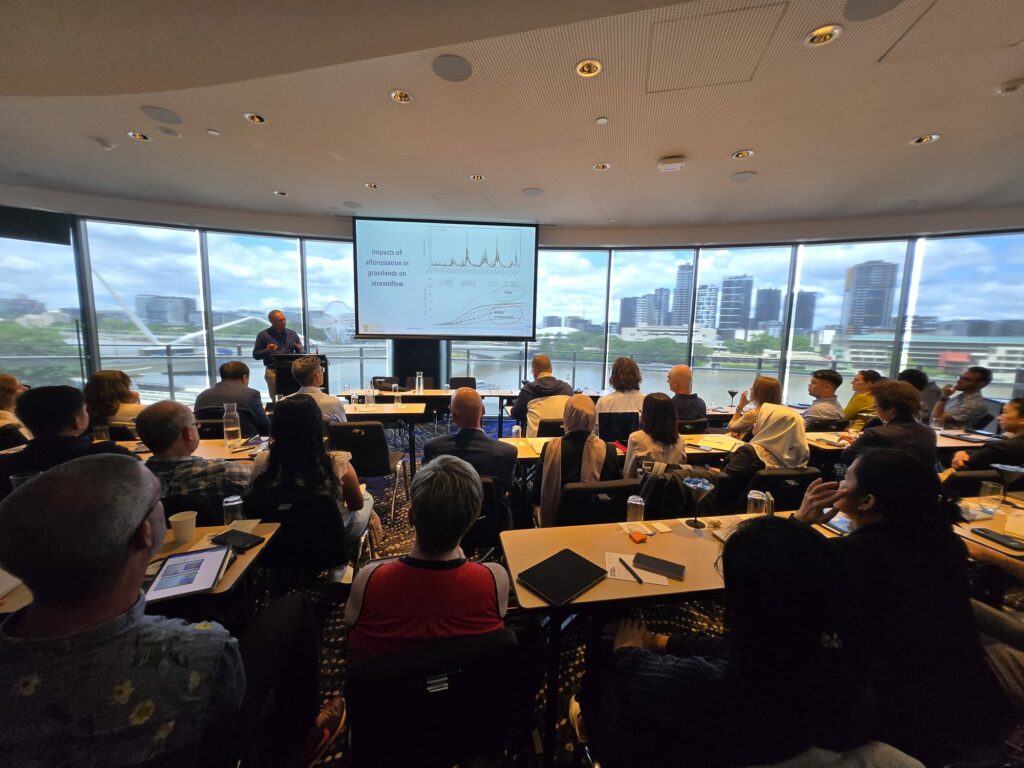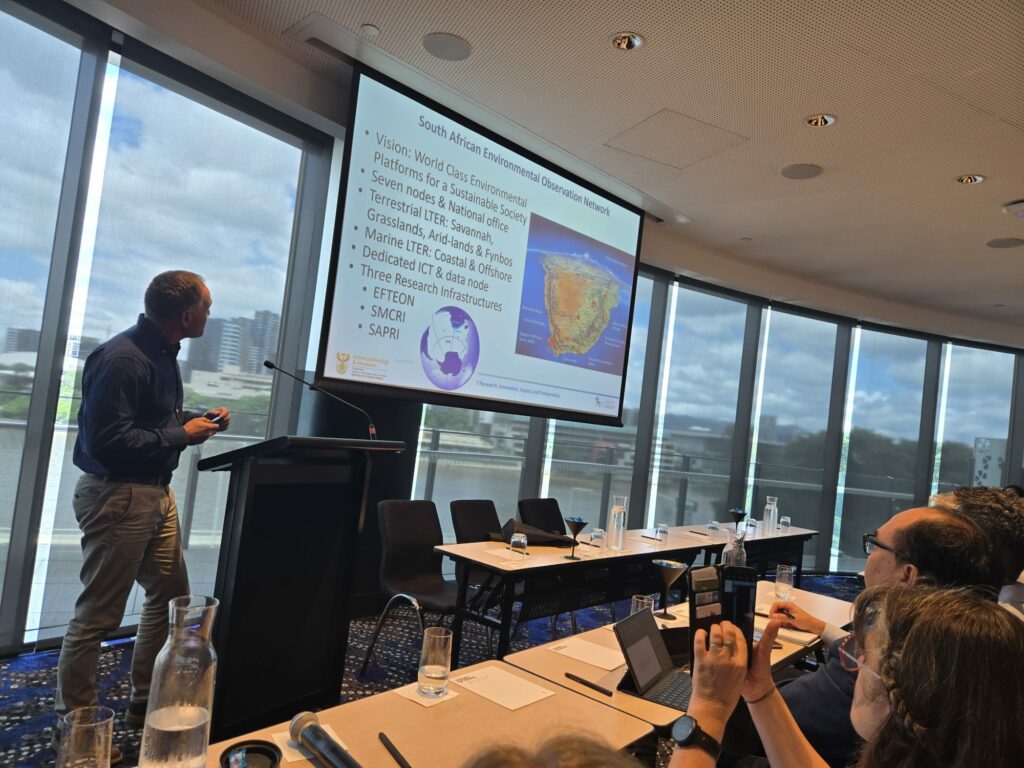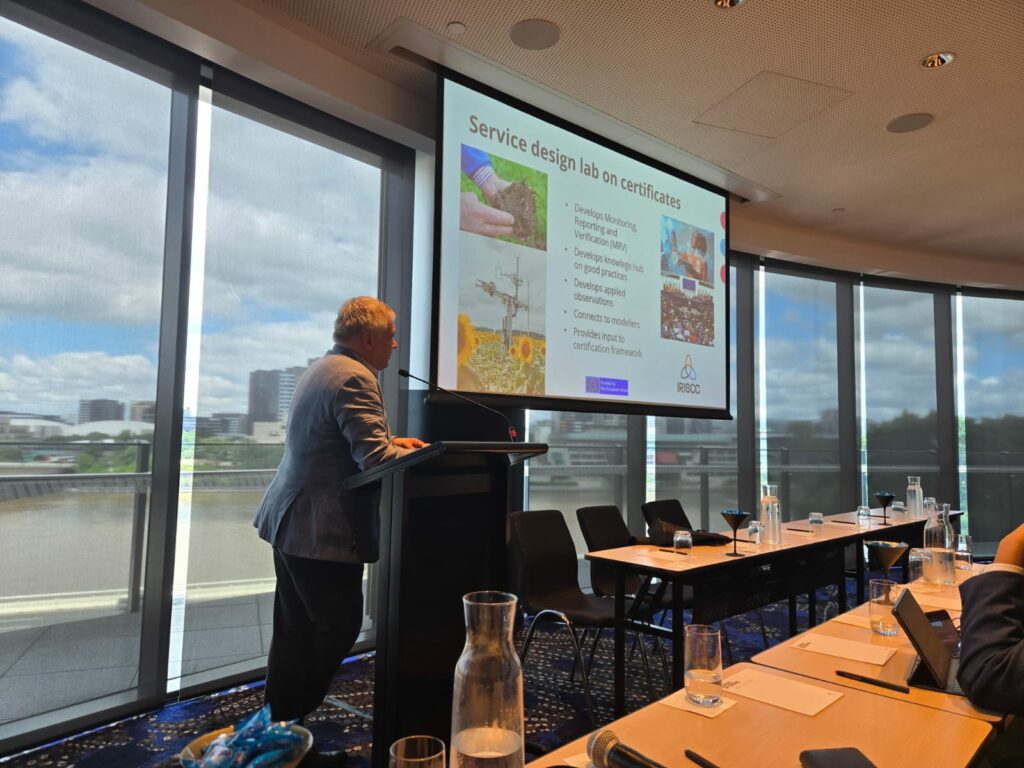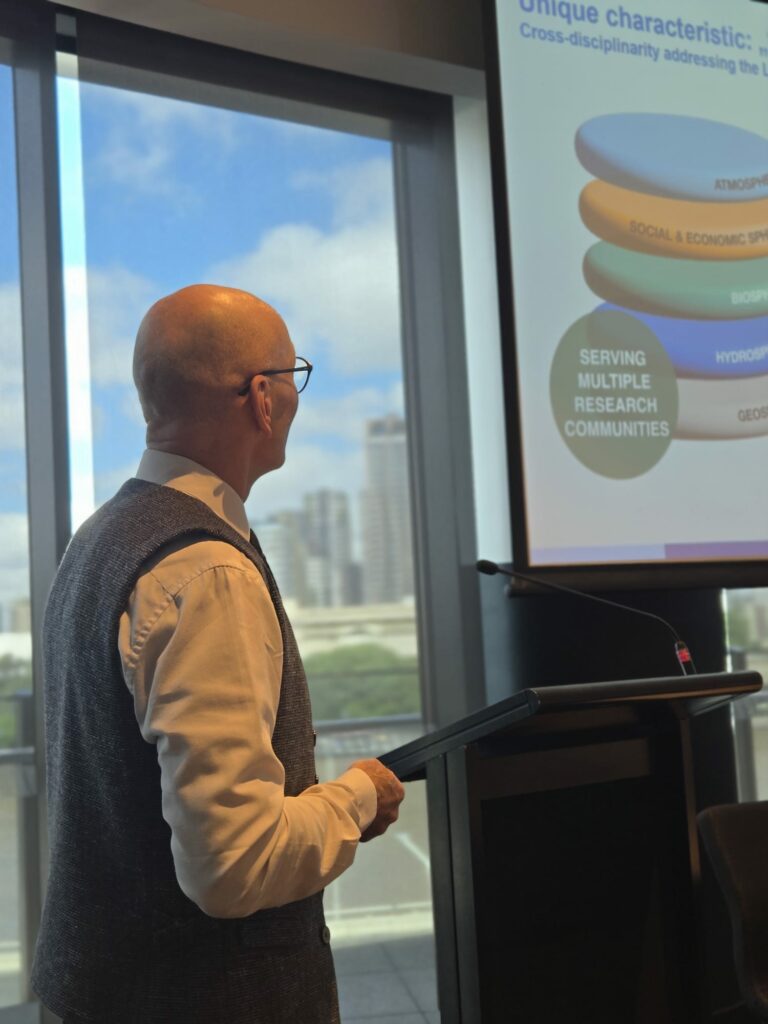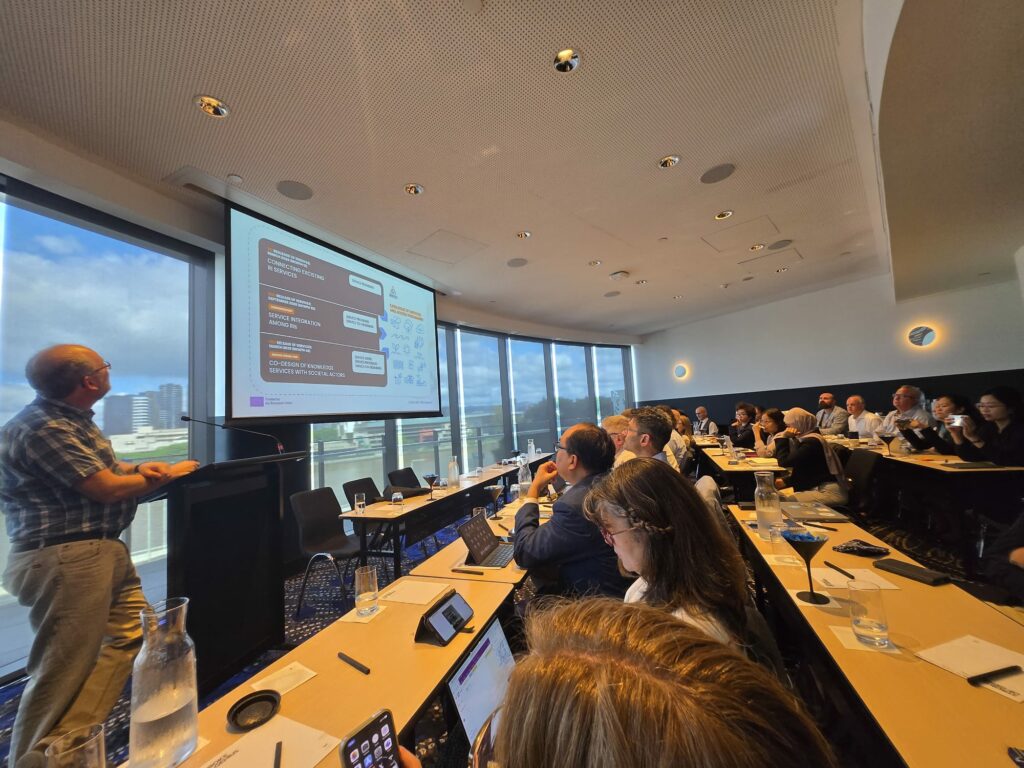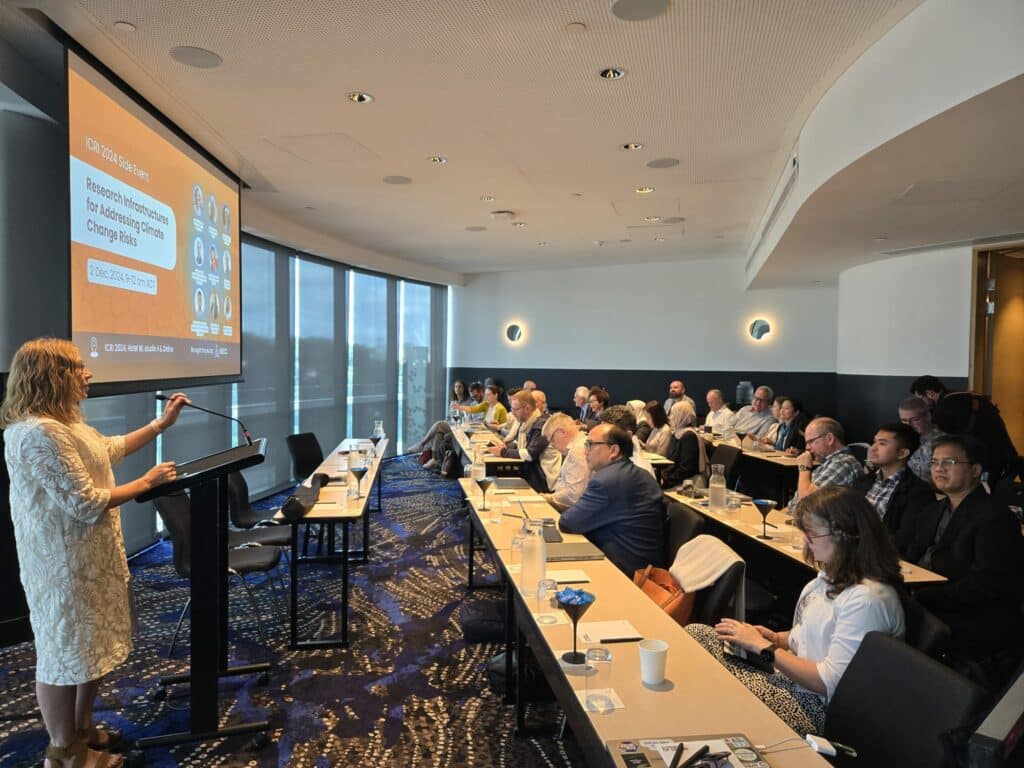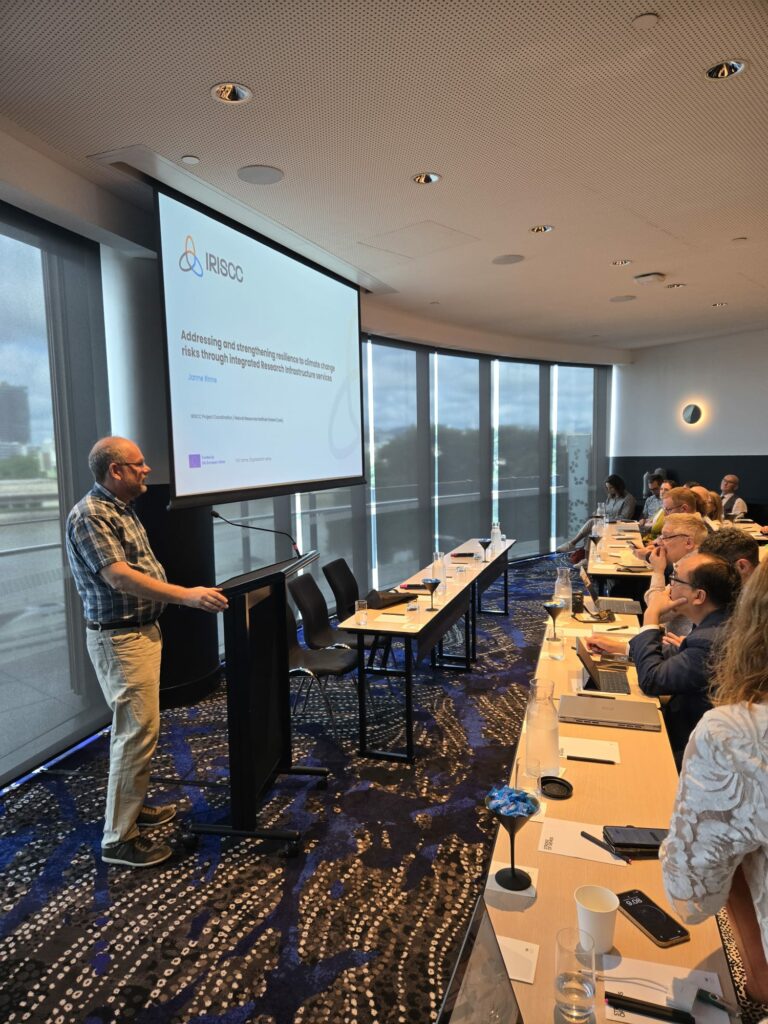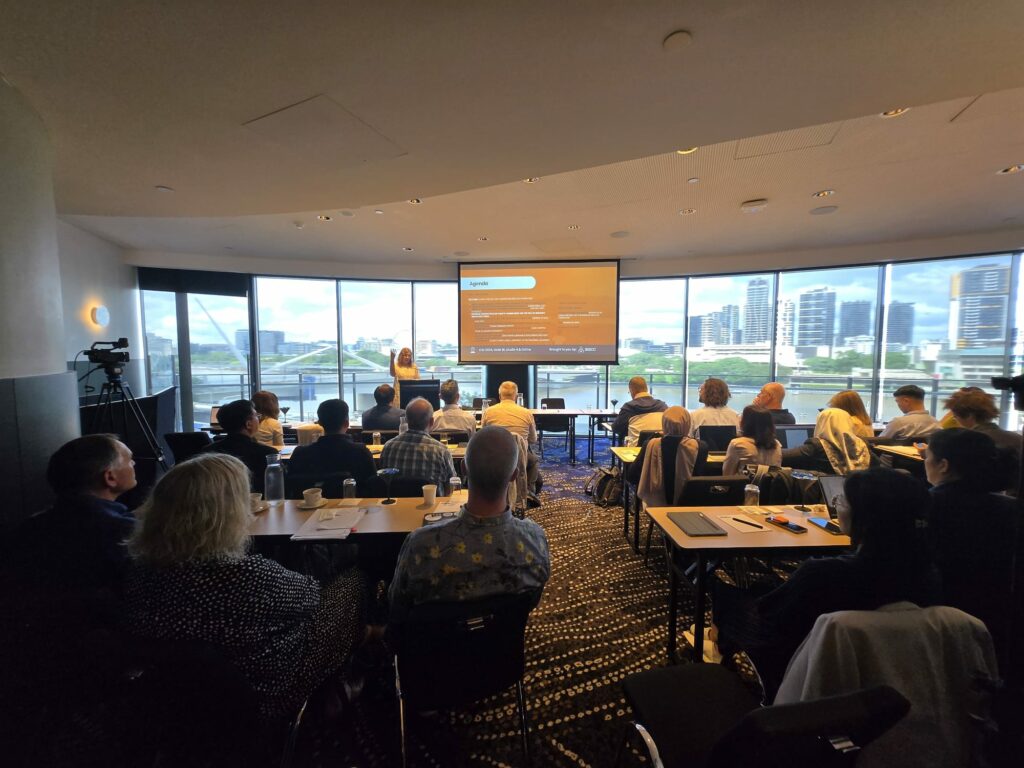IRISCC Side event at International Conference on Research Infrastructures, Brisbane, 2024
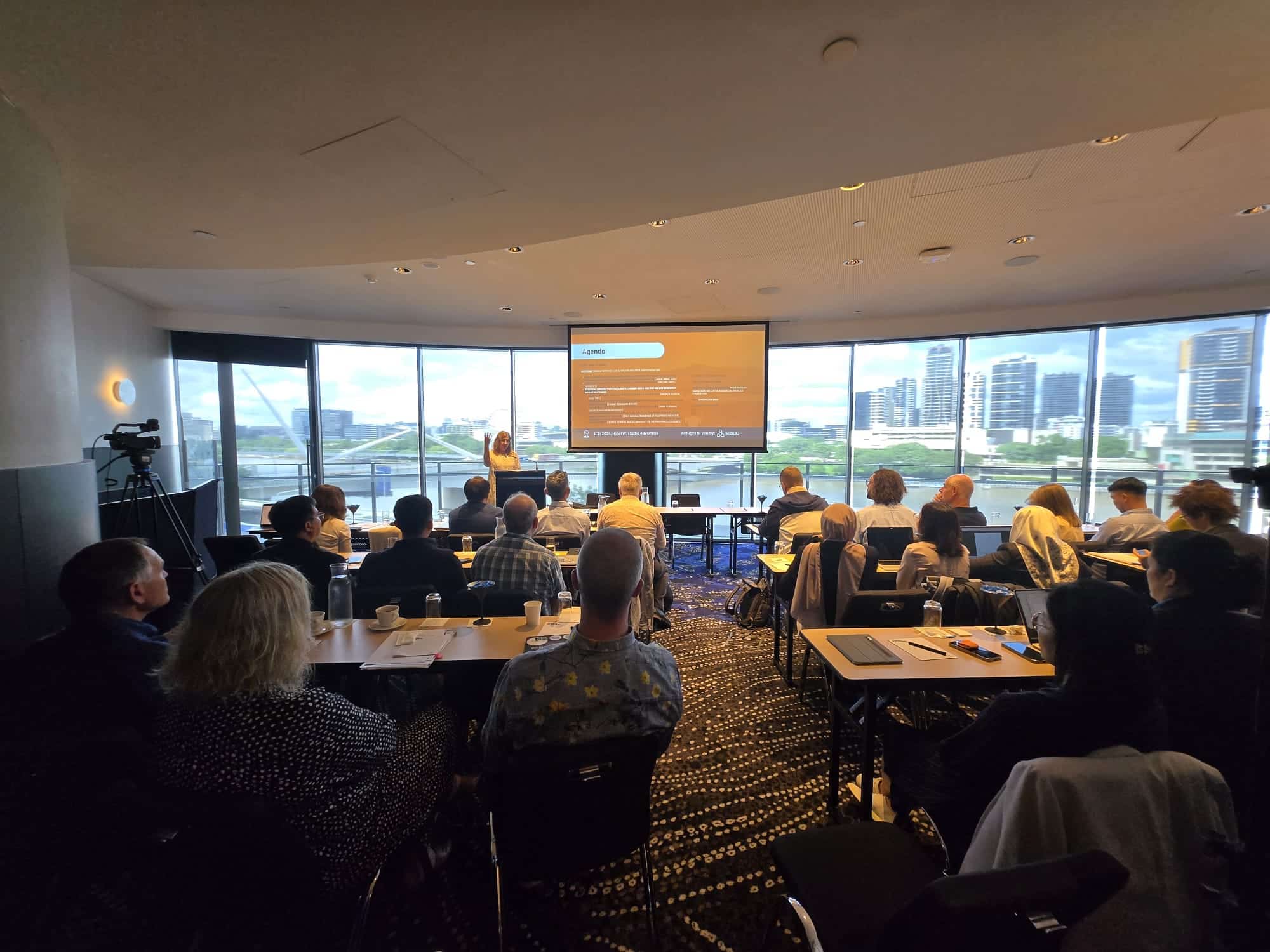
The ICRI 2024 side event, Leveraging Research Infrastructures for Addressing Climate Change Risks, was a dynamic event that brought the crucial role of Research Infrastructures in climate risk mitigation to the forefront. Held in the vibrant setting of Hotel W in Brisbane, Australia, the event not only packed the room but also sparked conversations that resonated far beyond its walls, particularly with the enthusiastic participation of Southeast Asian delegates, facilitated through ASEAN collaborations.
A Collective Effort to Address Climate Risks
The event began with a warm welcome from Sanna Sorvari Sundet (Luke) and Magdalena Brus (EGI Foundation), setting the tone for the discussions ahead. They emphasised that RIs are more than just data providers; they are enablers of systemic change, capable of bridging science and policy to tackle climate risks on a global scale.
The presentations reflected the breadth and depth of work being done within the European RI community. Janne Rinne’s introduction to IRISCC explained how integrated RI services can support resilience to climate risks by offering tangible, user-focused services. This was followed by Michael Mirtl’s holistic take on addressing climate risks through ecosystem-level integration, reminding us of the interconnectedness of Earth systems and human vulnerabilities.
Regional Perspectives: Challenges and Innovations
The session later continued with talks focusing on Regional Perspectives on Climate Change Risks and the role of Research Infrastructures. Werner Kutsch (ICOS ERIC) presented on “Climate as a societal risk and societies as a climate risk,” highlighting the interconnected nature of environmental and societal challenges and the role of RIs in addressing these complexities. Tommy Bornman (SAEON) demonstrated the collaborative potential of research infrastructures in Africa to tackle climate risks. Jana Klánová (EIRENE RI) emphasised the critical link between environmental and public health risks through data-driven assessments of air quality. Saut Sagala (Resiliance Development Initiative) shared valuable lessons and future directions for enhancing research infrastructure in flood risk management, while Leunell Chris M. Buela (University of the Philippines Los Baños) underscored the importance of bridging science and solutions to address water and food security in Southeast Asia. These contributions reinforced the pressing need for robust regional and global collaboration to tackle shared climate challenges.
The Power of Collaboration
The panel discussion highlighted the importance of building a global RI ecosystem to address climate risks. Discussions on barriers—like data accessibility and funding inequities—were candid, yet hopeful, as participants identified opportunities for bridging gaps through innovative partnerships.
A Vision for the Future
Looking back, the event wasn’t just an exchange of ideas but a call to action. It highlighted the essential role that RIs play in tackling climate change and reinforced the need for collaboration on a global scale. IRISCC also welcomed the engagement of these communities in the Service Design Labs, ensuring that the services being developed truly respond to the global needs and challenges identified throughout the discussions.
